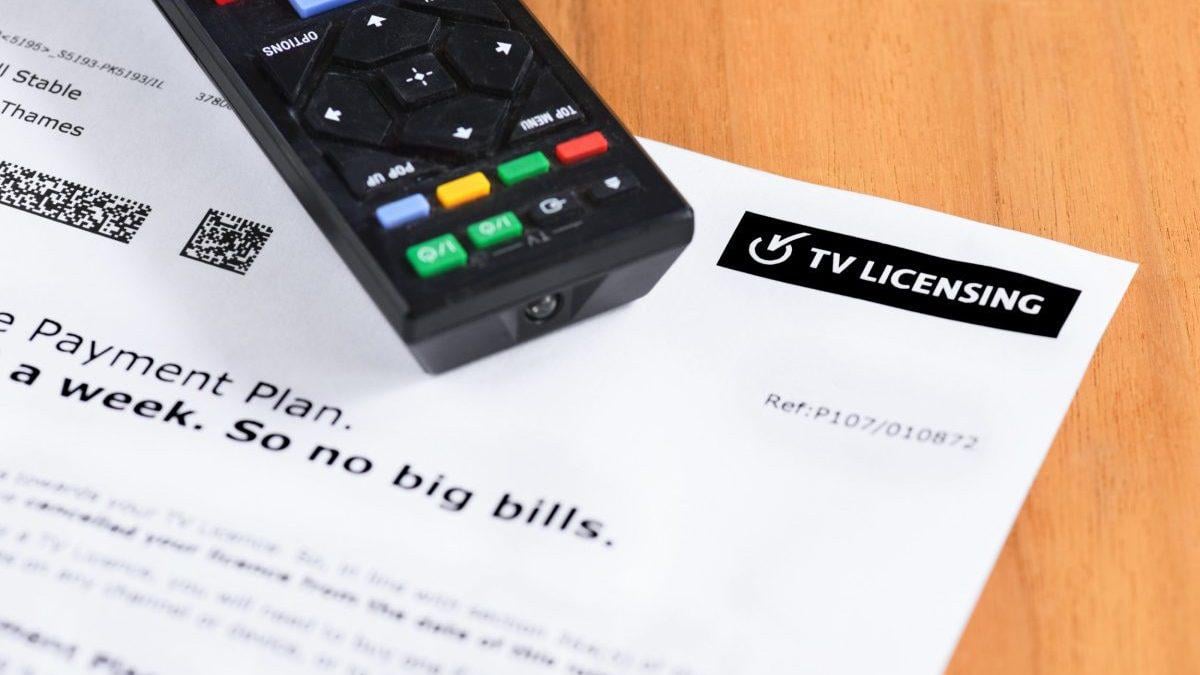
How much the UK pays for TV licence fee, compared with Germany, Italy and Switzerland
How much the UK pays for TV licence fee, compared with Germany, Italy and Switzerland
Posted by theipaper


How much the UK pays for TV licence fee, compared with Germany, Italy and Switzerland
How much the UK pays for TV licence fee, compared with Germany, Italy and Switzerland
Posted by theipaper
9 comments
Britons are [paying more for the licence fee](https://inews.co.uk/news/100-woman-threatened-court-tv-licence-3621984?ico=in-line_link) at a time when other nations are cutting back or[ abolishing a compulsory TV tax](https://inews.co.uk/news/media/tv-licence-fee-replace-tax-2874797?ico=in-line_link) altogether, analysis has found.
The UK charge, which rose to £174.50 in April, is now the third-highest compared to other countries across Europe, *The i Paper* has discovered.
But while the BBC was given [an inflation-linked increase](https://inews.co.uk/news/media/bbc-licence-fee-to-rise-by-more-than-10-a-year-2795723?ico=in-line_link), other nations have pledged to cut the amount viewers pay, or moved to abolish the charge altogether, in the face of rising household costs and changes in TV viewing habits.
Austria, previously the second most expensive in Europe, last year replaced its €322 (£274) licence fee with a household tax, paid by all households regardless of whether they own a TV.
Set at lower rate of €15.30 per month, the change means the UK (£14.50/ €17 a month) now moves above Austria in the expense rankings.
France abolished its annual €138 (£118) fee in 2022 as part of a package of measures promised by President Emmanuel Macron to tackle the country’s cost of living crisis.
Denmark, the Netherlands, Belgium, Cyprus and Bulgaria have also abolished direct charges to fund national broadcasters, as have Hungary, Finland and Iceland.
In Germany, leaders of its 16 federal states rejected a planned increase in its TV tax this year and voted to freeze the national broadcasting licence fee at €18.36 (£16) a month until 2027.
The most expensive TV charge in Europe is in Switzerland, where every household is obliged to pay an annual licence fee of 335 francs (£304).
But with the Social Democratic Party pushing to scrap the fee, the country’s Federal Council said that to “relieve the financial burden on households”, they would move to cut it to 312 francs a year from 2027 and to 300 francs from 2029.
Ireland meanwhile has frozen its licence fee at €160 (£136) licence for the last 16 years, with the government awarding public service broadcaster RTÉ €225m in public funding for 2025.
The figures show the BBC’s ability to charge a compulsory rising fee, enforced by prosecutions for evasion, is increasingly an outlier in comparable European nations.
Ministers will look at the experience of other countries during negotiations over the future of the licence fee, due to begin this year as part of the BBC’s Charter Renewal.
With 68 per cent of the UK population (20 million households) now subscribing to at least one streaming platform, the case for the BBC to retain a compulsory charge has increasingly come under challenge.
So fucking what ?
We are not in the EU, we make our own rules now.
Fuck the licence fee and fuck the BBC.
Probably a matter of time until the licence fee and BBC gets majorly reformed.
It’s made some good stuff in its time, but the whole approach is rooted in a time when everyone watched live TV and there were only 4 channels.
The BBC makes £3.6 billion and that is supposedly good value… I don’t know what these so called BBC supporters are smoking but I would like some.
I am a massive fan of the BBC and think the licence fee should be kept. In a world of fake news and expensive streaming services it’s still good value. I have heard all the detractors about left/right bias. It is no coincidence that we have a massive independent TV & film industry.
Keep it the way it is.
If they scrap it, there will be a tax on everyone like in other countries.
I do not watch TV and I do not want to pay any tax just so people that watch it have it cheaper.
I do not believe there would be any other option than a tax on everyone, they will not make it a subscription like service.
Love the BBC always have always will
Hard to want to support the BBC when it just pedals out actual trash.
I’ve not watched anything from the BBC in years.
I don’t listen to the radio.
I don’t want to pay for it.
Keep it how it is.
How do countries that scrapped the fee pay for their public broadcasters? I saw that France added a percentage of their value added tax. How do countries like the Netherlands do this? I would say the uk could tax a small percentage of the financial sector.
Comments are closed.